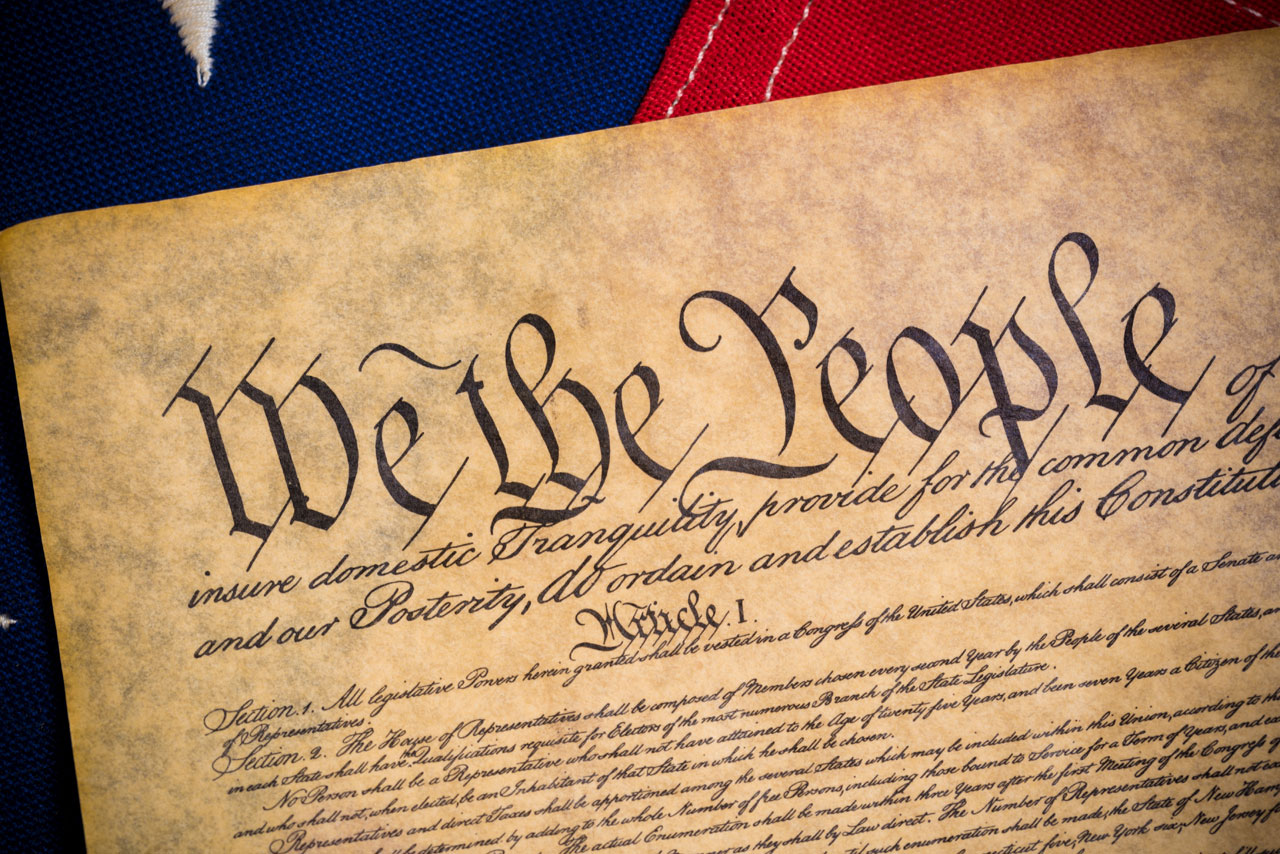“Congress shall make no law respecting an establishment of religion, or prohibiting the free exercise thereof; or abridging the freedom of speech, or of the press; or the right of the people peaceably to assemble, and to petition the Government for a redress of grievances.” – The First Amendment of the United States Constitution
If the U.S. Constitution is a “living and breathing document,” one of its key parts—the First Amendment—is gasping for breath.
When we hear on TV about efforts to create “safe spaces” on college campuses; when we hear about pastors’ sermons being subpoenaed; when we hear about “hate speech” and “hate crimes” and see the collision between so-called “sexual liberty” and religious liberty, we know that the principles of the First Amendment are being challenged in new ways.
The Founders of our country made the First Amendment first for a reason. President Thomas Jefferson wrote to the Danbury Baptists to assure them of their religious liberty and went so far to say, “Were it left to me to decide whether we should have a government without newspapers, or newspapers without a government, I should not hesitate a moment to prefer the latter.”
If Jefferson were alive today to see what passes for newspapers, he might change that judgment. Be that as it may, this shows just how strongly the Founders viewed the freedom of press.
It is not, however, direct frontal assaults to the First Amendment that pose the greatest risk. It is subtle challenges to the freedoms in every day of life. It is college students demanding the right never to be offended. It is government bureaucrats watching churches like a hawk. It is public atheists like Richard Dawkins dreaming aloud of a day in which tax-exempt status for churches is gone that we see the First Amendment at risk.
These risks do not, however, always come from the government. Indeed, it is often business interests who silence free speech. Think of the athletes and sports leaders who have lost their public platform entirely for making a politically incorrect statement.
What is the answer to this? Christians must learn not to count on the Constitution and favorable public opinion to share the Gospel. There might come a day in which churches lose their tax-exempt status. We would quickly learn who is giving to the church for a tax break and who is giving out of conviction.
One British statesman said, “The price of liberty is eternal vigilance.” When we see on TV news that religious liberty is a threat. Don’t just scream at the TV or rant on Facebook. Instead, pray. Instead, wisely exercise your liberty to share the Gospel and live out the Christian life. If small acts can take away our freedom, small acts can restore it.
